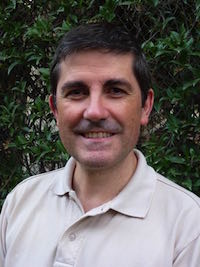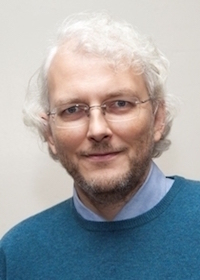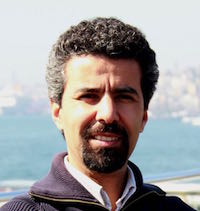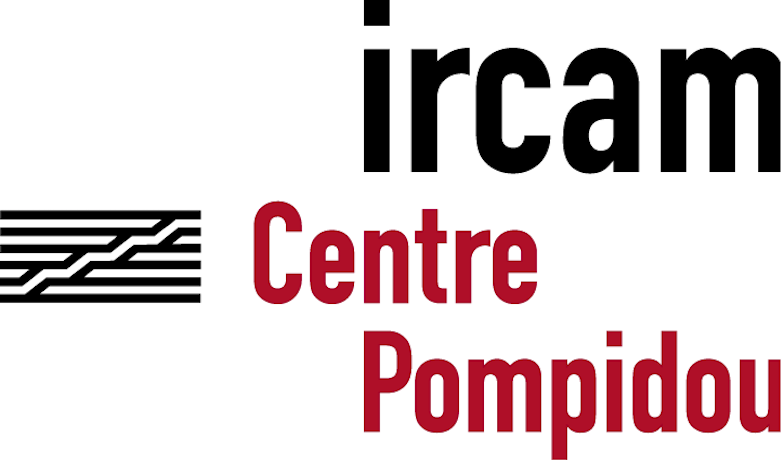
Computational Approaches for Analysis of Non-Western Music Traditions
Speakers: Xavier Serra, Martin Clayton, Barış Bozkurt
Abstract: The main goal of this tutorial is to present an overview for computational analysis applied on non-Western music traditions and within this context, also discuss the role of musicology perspective in Music Information Retrieval. The target audience is researchers and students interested in MIR and computational musicology. The tutorial comprises of three parts.The first two parts are dedicated to critical overview of recent studies with engineering and musicology perspective. We will start by presenting some of the relevant problems and challenges for analysis of non-Western music traditions that have been studied from an MIR perspective. In the second part we discuss some current and potential challenges posed by musicological research in diverse musical genres, including in rhythmic analysis.The last part will present resources created during the CompMusic project, that are openly available to the community. It will include demonstrations for accessing non-Western music data and processing these data (focusing on intonation and rhythm analysis) with publicly available tools. We will consider research corpora from various music traditions: Hindustani (North India), Carnatic (South India), Turkish-makam (Turkey), Arab-Andalusian (Maghreb), and Beijing Opera (China). While we will focus on a few culture-specific MIR tasks for our demonstrations, we will also discuss open research problems that can be studied using these datasets. This session would serve as a quick start for students and researchers without prior experience in analysis of non-Western music and will provide them a good entry point for further investigation.
Materials for the tutorial: Link

|
Xavier Serra is a Professor of the Department of Information and Communication Technologies and Director of the Music Technology Group at the Universitat Pompeu Fabra in Barcelona. After a multidisciplinary academic education he obtained a PhD in Computer Music from Stanford University in 1989 with a dissertation on the spectral processing of musical sounds that is considered a key reference in the field. His research interests cover the analysis, description and synthesis of sound and music signals, with a balance between basic and applied research and approaches from both scientific/technological and humanistic/artistic disciplines. Dr. Serra is very active in promoting initiatives in the field of Sound and Music Computing at the local and international levels, being involved in the editorial board of a number of journals and conferences and giving lectures on current and future challenges of the field. He has been awarded an Advanced Grant of the European Research Council to carry out the project CompMusic aimed at promoting multicultural approaches in music computing research which produced the resources this tutorial will present. |

|
Martin Clayton is Professor in Ethnomusicology in Durham University. He studied at the School of Oriental and African Studies (SOAS) in London, where he obtained degrees in Music and Hindi (BA, 1988) and Ethnomusicology (PhD, 1993). His research interests include Hindustani (North Indian) classical music, rhythmic analysis, musical entrainment and embodiment, comparative musicology and early field recordings, British-Asian music and Western music in India. He currently directs the research project Interpersonal Entrainment in Music Performance, a collaborative, multidisciplinary effort to understand ensemble sychronisation and coordination cross-culturally. |

|
Barış Bozkurt is a Post-doctoral researcher in the Music Technology Group at the Universitat Pompeu Fabra in Barcelona. In the first phase of his research career, he dedicated to development of signal processing algorithms for speech analysis and synthesis. He has obtained his PhD degree in 2005 from Faculte Polytechnique De Mons, Belgium and also worked in speech industry after his PhD. Since 2007, he has been teaching in Electrical Engineering and Computer Science departments, and carrying research in the fields of audio signal processing and computational musicology. |

















